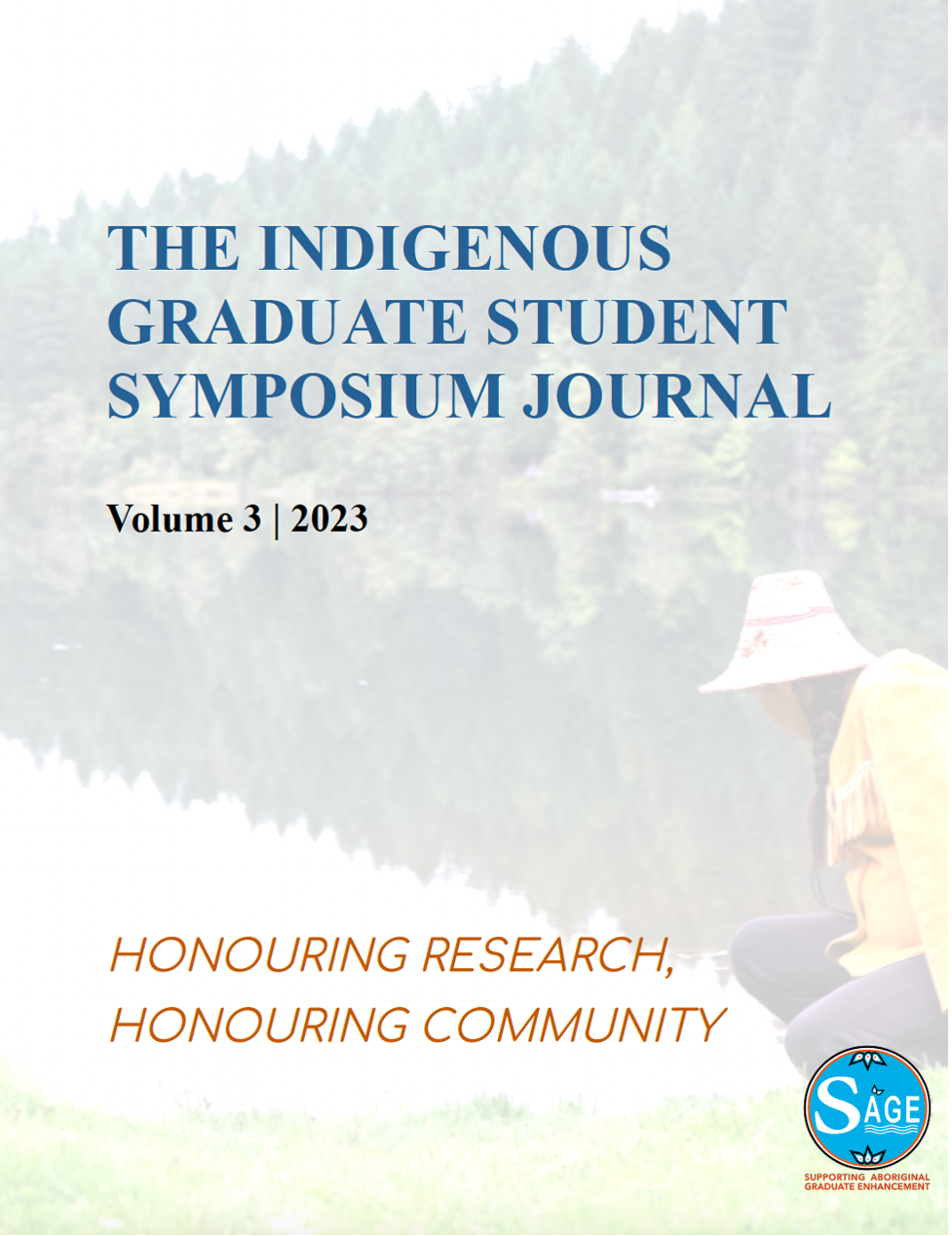Keeoukaywin: Métis Kinship Visiting in Distinction Based Oral Health Research
Main Article Content
Abstract
Indigenous methodologies (IM) center Indigenous ways of knowing, doing and being with an aim to generate culturally relevant and reciprocal knowledge translation. With the increase of Indigenous health researchers, Indigenous healthcare has begun to prioritize the self-determination of Indigenous Peoples as both primary knowledge makers and users who effect change. This interrupts current pan-Indigenous work that does not account for the diversity among sovereign nations and communities of First Nation, Inuit and Métis peoples in Canada, thus perpetuating settler-colonial erasure. This also calls attention to the persistent gap in literature that fails to reflect the demography of Indigenous Peoples in Canada. Métis people make up one third of the Indigenous population in Canada, yet their experiences go largely underrepresented. The paucity of Métis specific research spans across many health disciplines including oral health, hampering the health outcomes of Métis citizens.
As a Métis woman researcher guided by Métis values of relational and reciprocal learning, my research honors women as traditional caregivers and keepers of community wellbeing. I privilege the voices of 8 - 10 Métis women within my kinship network to co-create a deeper understanding of Métis oral health experiences in Alberta. A Métis-Cree research methodology, keeoukaywin, guides my relational approach to knowledge co-creation and translation.
This way of being in research contributes to a deepened understanding of Métis contexts impacting the oral health outcomes of Métis families. Highlighting such nuanced experiences and insights fosters the co-creation of Metis-specific kinship care and culturally safe strategies towards reducing oral health inequalities.
Article Details

This work is licensed under a Creative Commons Attribution-NonCommercial 4.0 International License.

